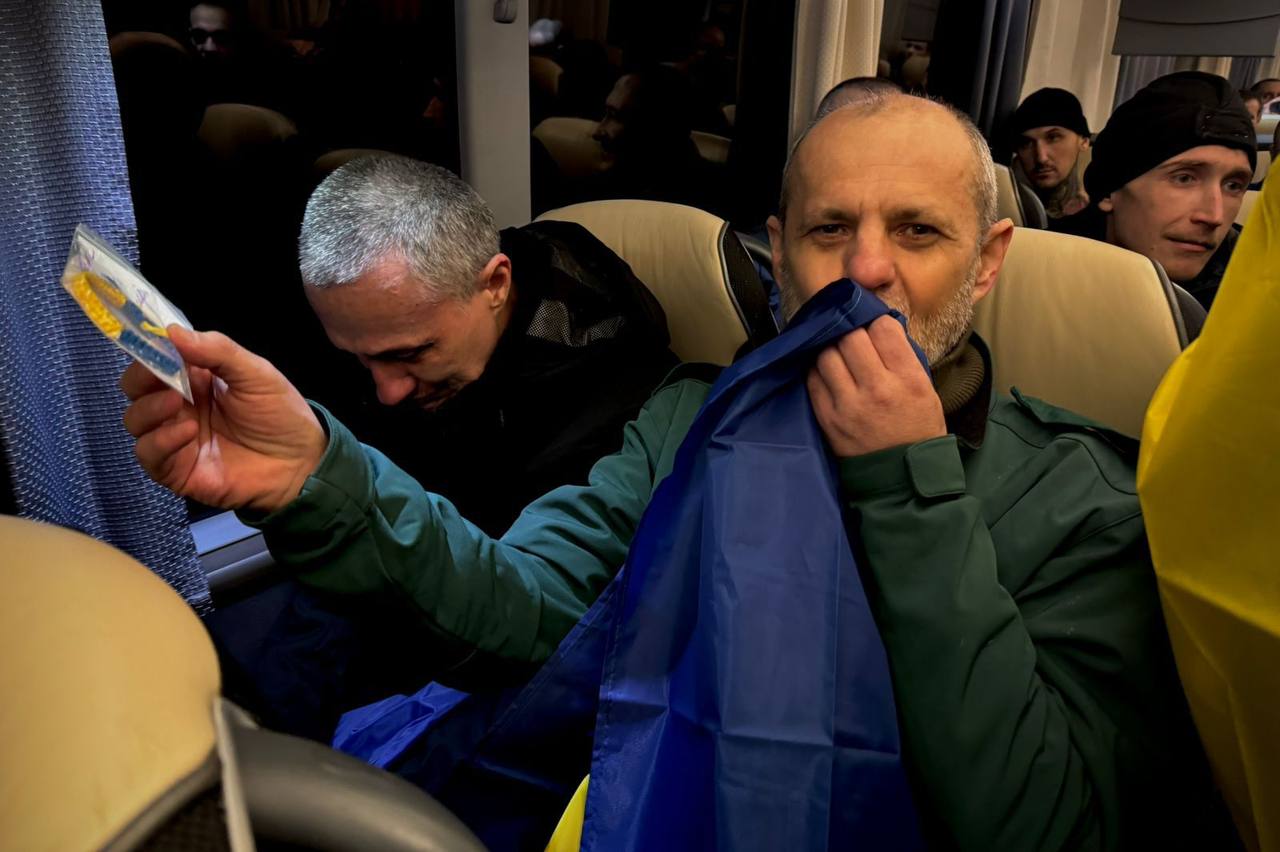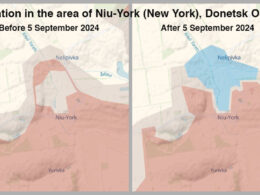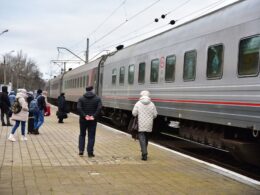On 30 December, Ukrainian President Volodymyr Zelenskyy announced the successful return of 189 Ukrainians from Russian captivity, including members of the armed forces and civilians.
Over 3,900 Ukrainians, primarily military personnel, have been released by Russia through prisoner exchanges. Many of them have reported severe torture and mistreatment during their detention.
The group, which returned from Russian captivity, includes defenders of Azovstal, Mariupol, the Chornobyl Nuclear Power Plant, and Zmiinyi (Snake) Island, as well as personnel from various frontlines. Among them are National Guard members, border guards, territorial defense fighters, Naval Forces sailors, Armed Forces soldiers, and two civilians.
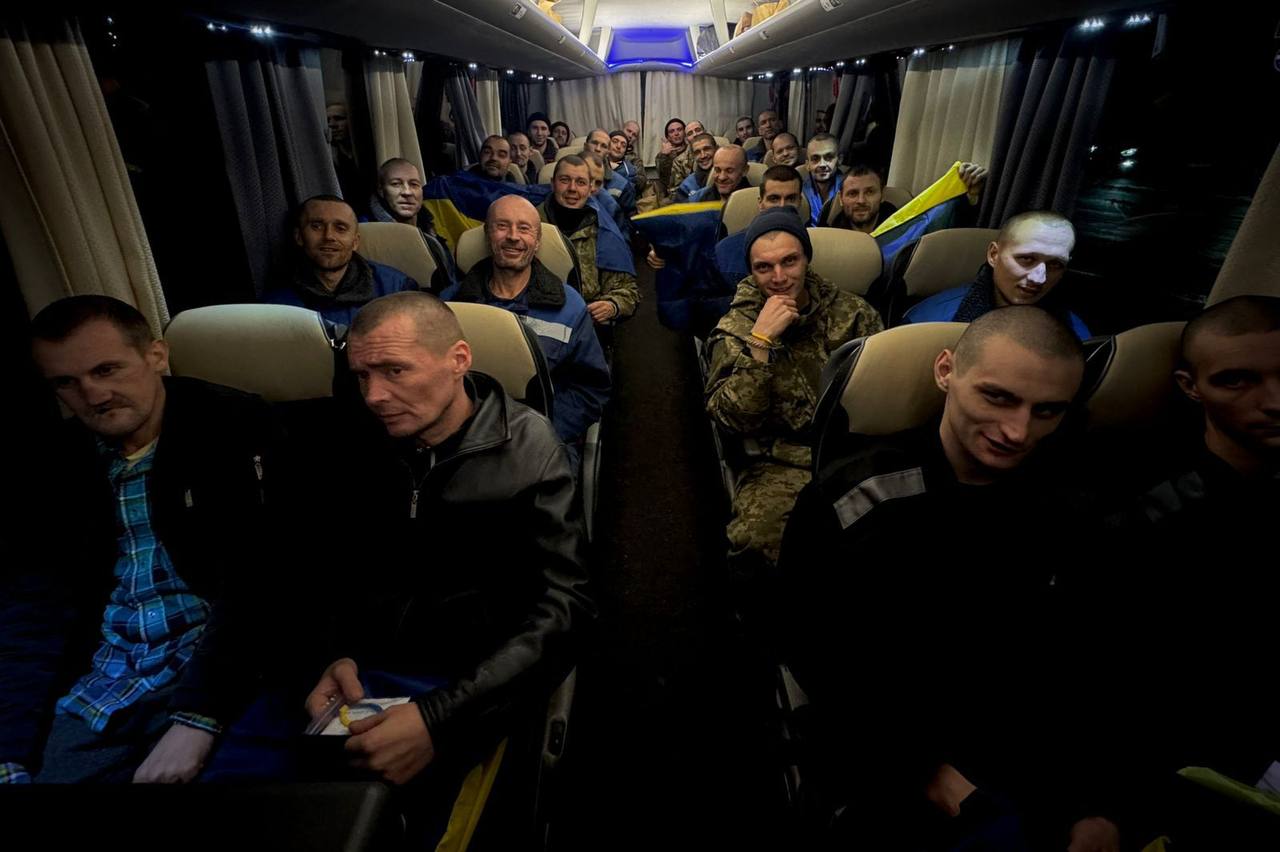
“The return of our people from Russian captivity is always uplifting news. Today is one of those days: our team managed to bring 189 Ukrainians home,” Zelenskyy stated.
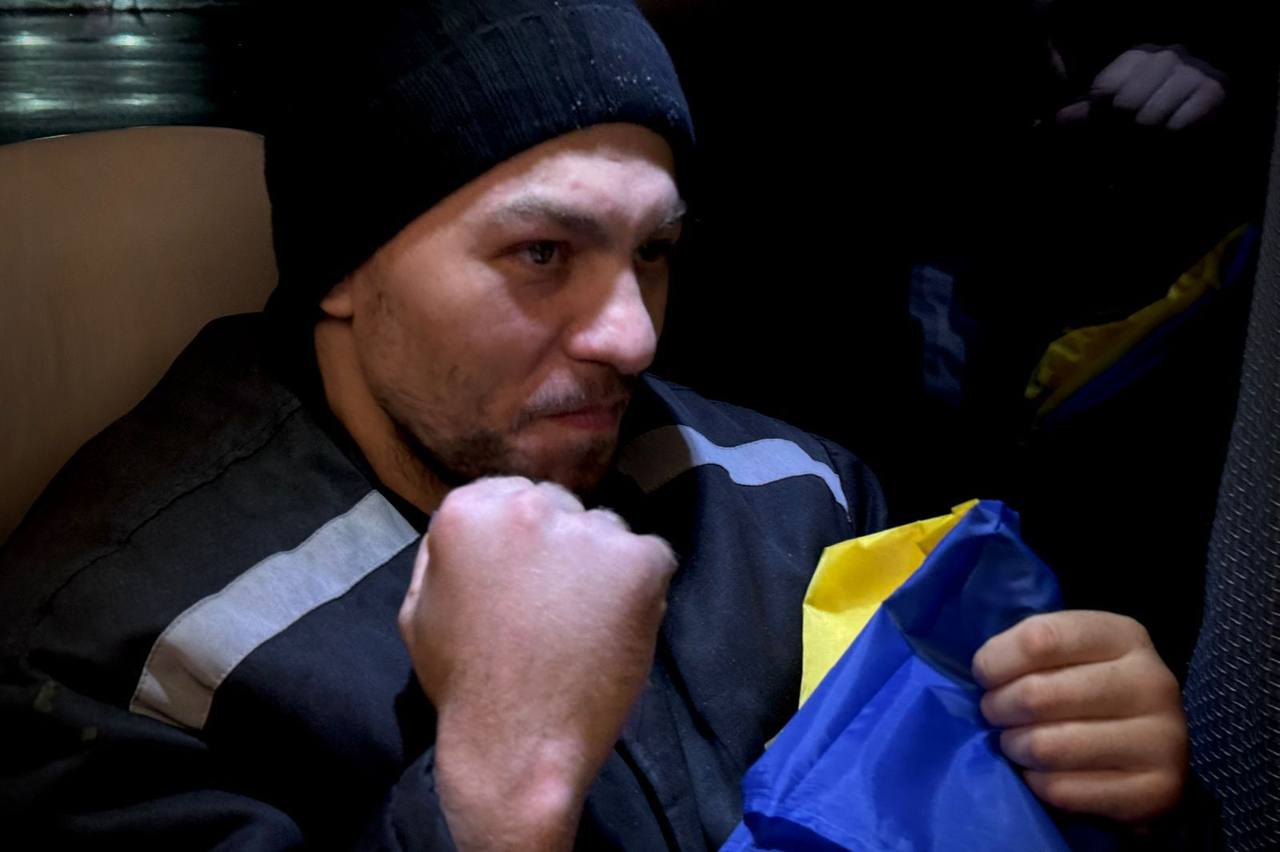
He noted that two civilians captured in Mariupol were among those freed.
“Every one of them has family and loved ones waiting for them. It’s a joy to see them come home. Today, 189 families are celebrating,” Zelenskyy added.
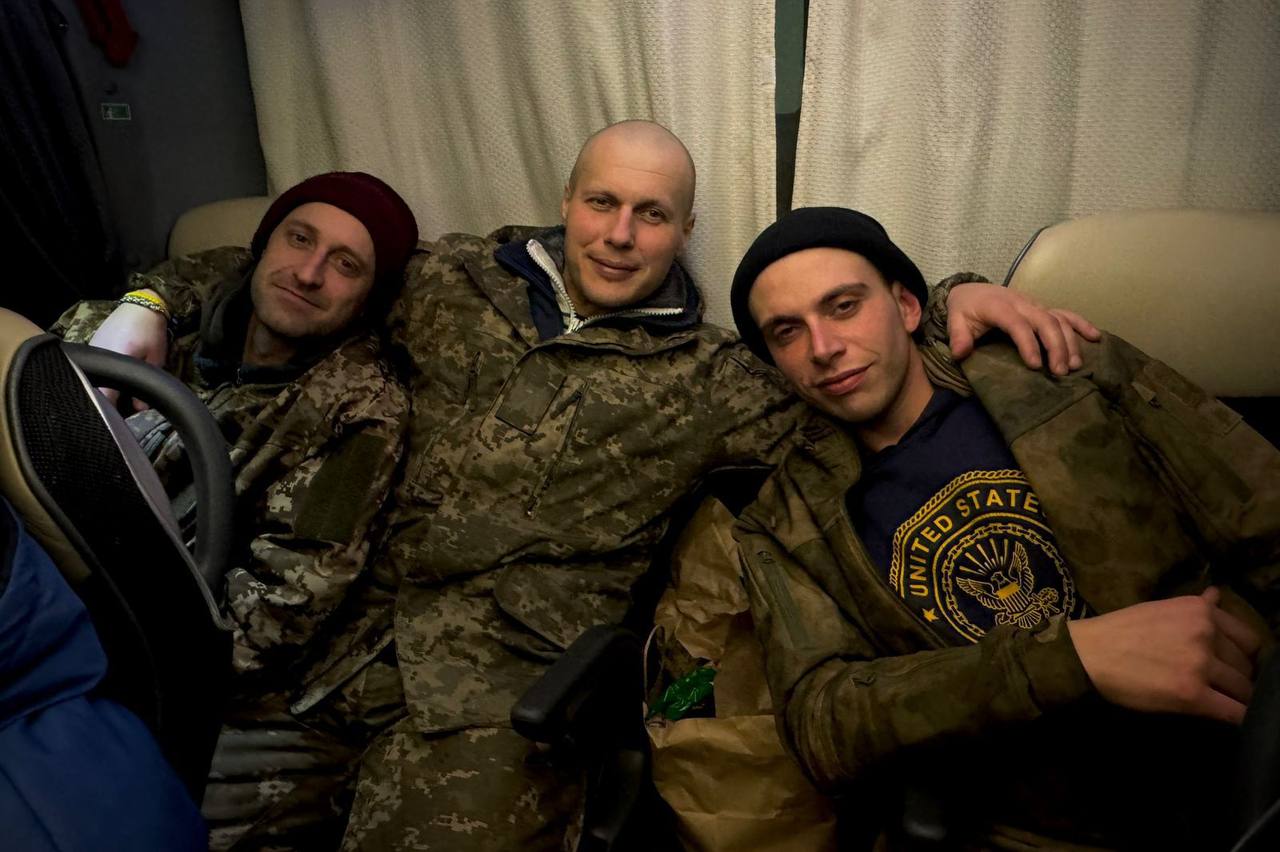
Earlier, Ukraine’s Parliament Commissioner for Human Rights, Dmytro Lubinets, said Russian intelligence agencies attempted to recruit the families of Ukrainian prisoners of war for espionage activities benefiting Moscow in exchange for information about their relatives.
In some cases, families are looking for their relatives contact Russian authorities directly, not through Ukrainian government organizations. Initially, they are given limited information, such as images or opportunities to speak with their captured closest ones. However, these interactions come with conditions—families are subsequently instructed to carry out specific tasks for Moscow.
Related:
- Mariupol Defender reclaims voice and spirit after 2.5 years in Russian captivity
- 4 Reuters journalists injured in Russian attack on Kramatorsk
- “I broke everyone and will do the same to you”: Russian authorities torture Ukrainians with a sense of impunity
- Fox News sued by parents of Ukrainian journalist killed near Kyiv in 2022

